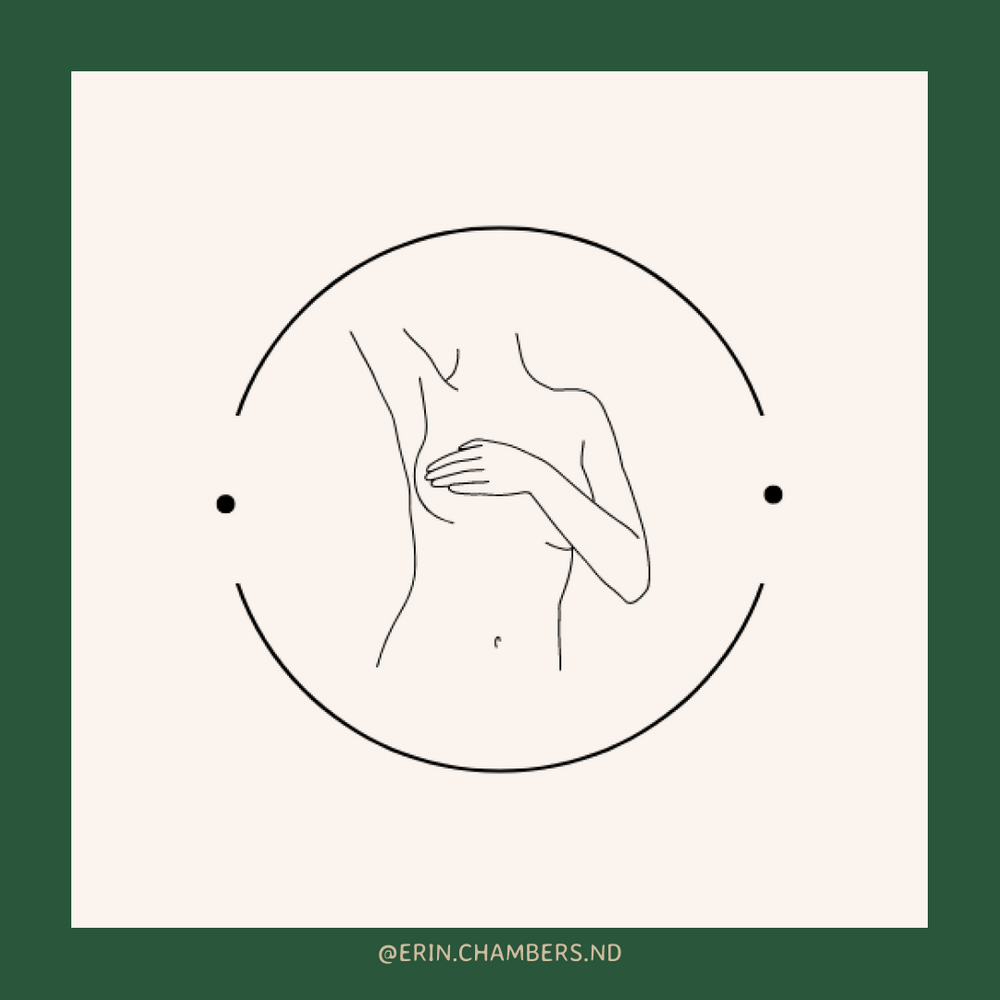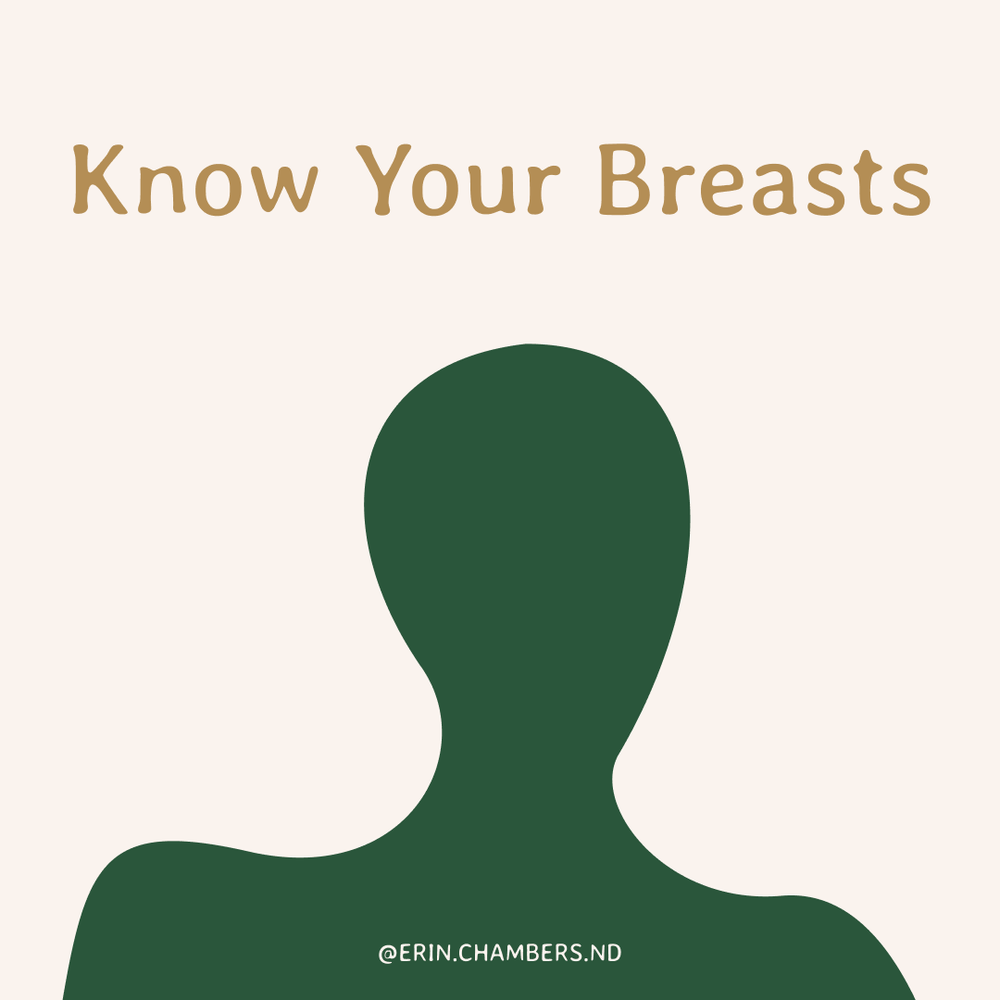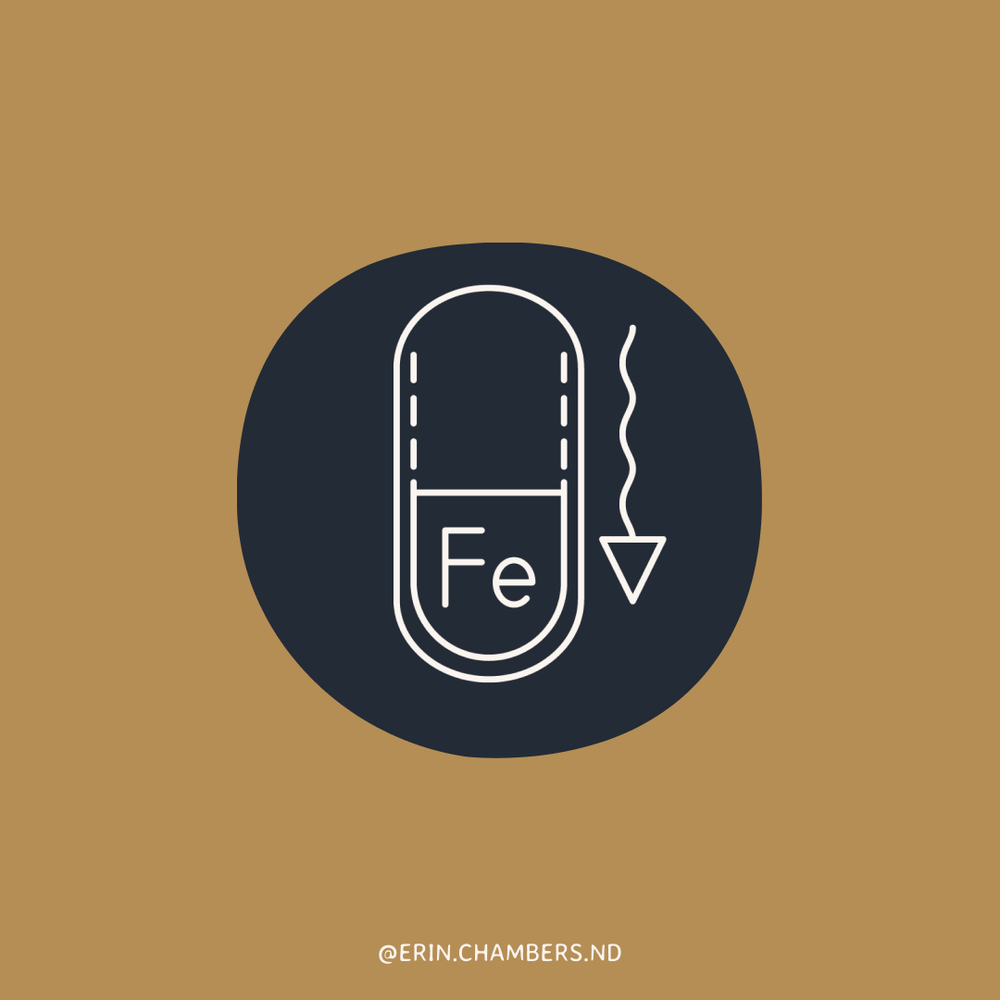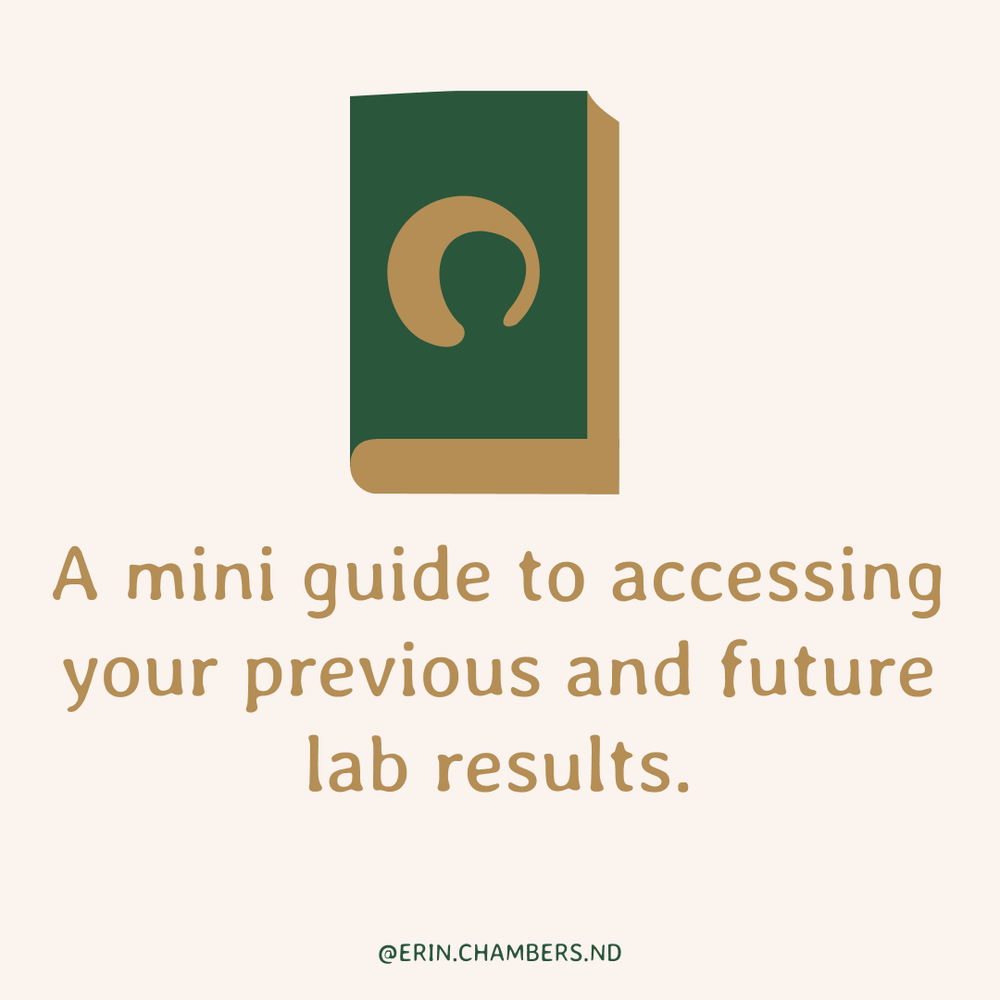Mammogram Screening in British Columbia - When To Gram Your Mamms


Breasts are body parts that require some care and attention given that 1 in 8 of us will get breast cancer in our lifetimes. Thankfully, in British Columbia, we have a pretty great system to assist us with this.
Did you know that in BC, you can self-refer for mammograms based on your age and risk factors? This is a win for the healthcare system and more importantly, people with breasts.
Here is the guide to understand which mammogram screening recommendations apply to you in BC:
1. If you have a mother, sister, or daughter with breast cancer, annual screenings are recommended starting at age 40.
2. If you don't have a family history of breast cancer, starting at age 40, it's your choice to get screenings after considering their benefits and limitations (see below).
3. As age is the primary risk factor for breast cancer, particularly being over the age of 50, those without a family history aged between 50 and 74 are advised to have a mammogram every 2 years.
For those at high risk of breast cancer, screenings every two years from age 30 to 74 are recommended. High risk means you have one of the following:
1. You or a first degree relative have a BRCA1 or BRCA2 mutation
2. You have either 2 cases of breast cancer in close female relatives (mother, sister, daughter, aunt, grandmother, or great-aunt) on the same side of the family, both diagnosed before age 50, OR 3 or more cases of breast cancer in close female relatives (mother, sister, daughter, aunt, grandmother, or great-aunt) on the same side of the family, with at least one diagnosed before age 50.
3. You have undergone chest wall radiation in the past.
It is important to note that regardless of age, if you notice anything suspicious or concerning, it is best to consult a health professional.
For further information or to book a screening, please visit the BC Cancer Screening website: BC Cancer Screening
Mammograms – Benefits and Limitations
Benefits:
👉🏽Mammograms can save lives through early detection and treatment.
👉🏽They are currently the most effective option for early detection.
Limitations:
👉🏽 Mammogram imaging isn't perfect and doesn't detect all cancers due to location or breast density.
👉🏽25% of cancers in people aged 40-50 and 10% in those aged 50 and older aren't detectable by this method.
👉🏽Mammograms may lead to additional testing and use low dose radiation.
May your mamms be well. 🍉Dr. Erin


